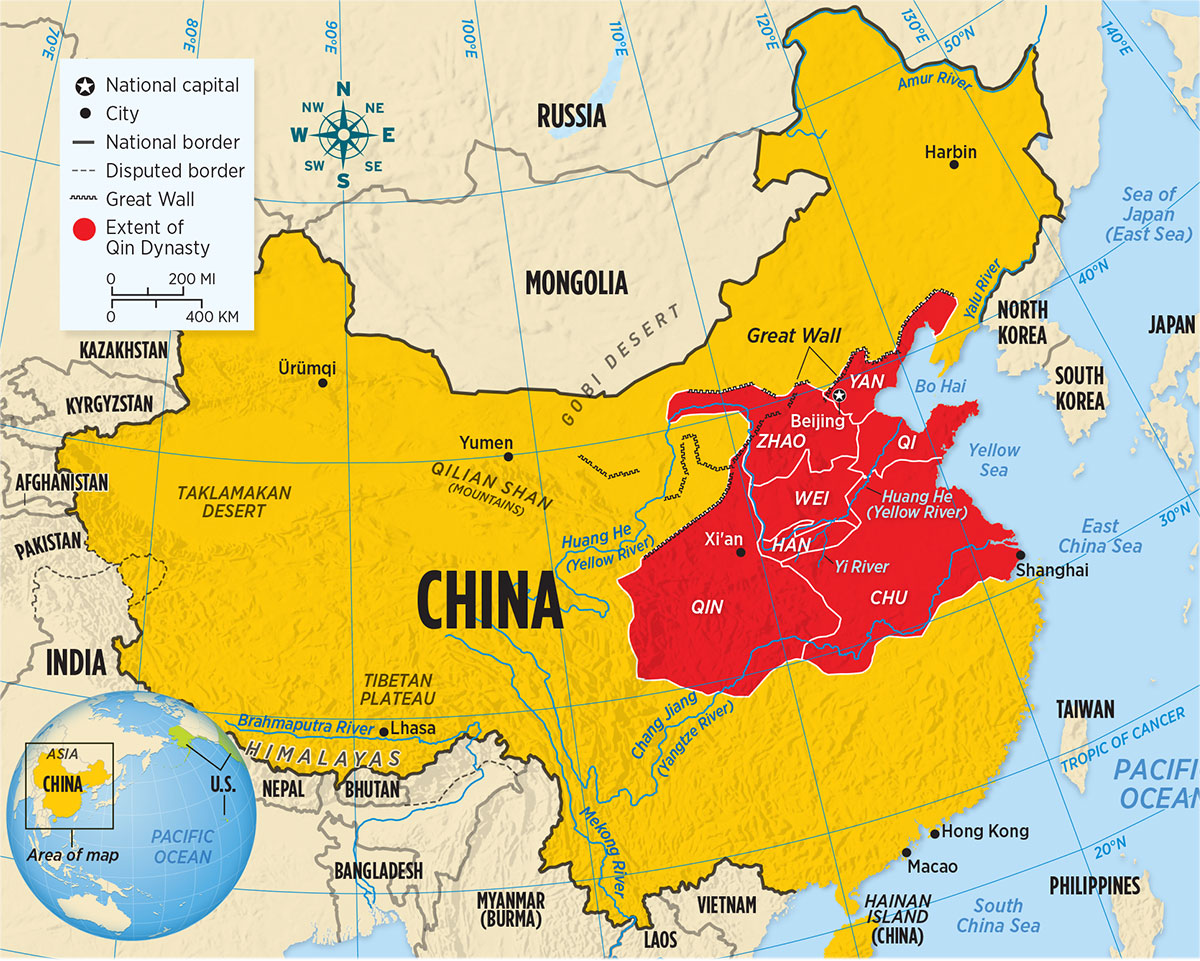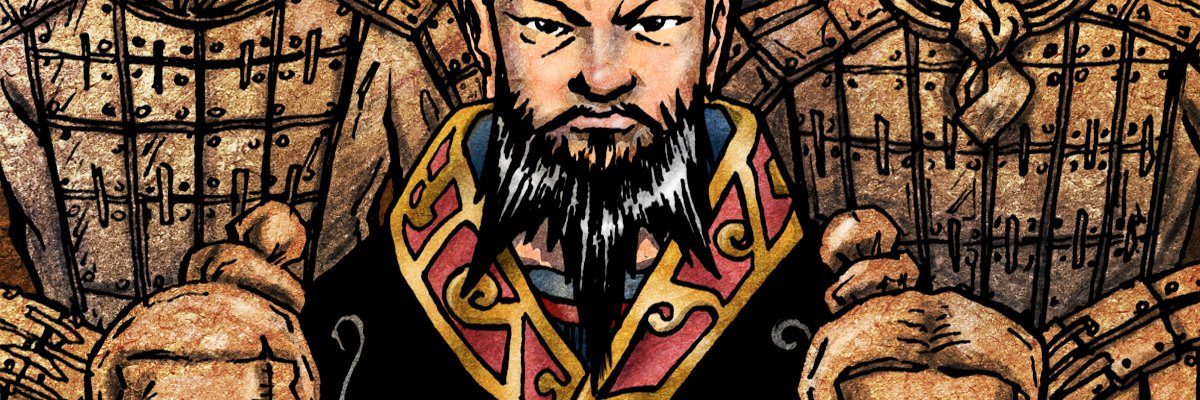If you were going to make a list of the most historically influential people to have have ever lived, Qin Shi Huang, the first emperor of China, should probably be in the top 10. In the mid 2nd century BC, the ruler of the State of Qin embarked on series of conquests that would unite China after centuries of discord. But despite this impressive achievement, the first emperor has been saddled with a particularly nasty historical reputation. Even the ancient Chinese historians did not remember him fondly. Does he really deserve this vicious reputation, or has he been the victim of fake history? Tune-in and find out how a scheming merchant, a castrated historian, and 8000 clay soldiers all play a role in the story.


Works Cited
Clements, Jonathan. The First Emperor of China. Albert Bridge, 2015.
Cotterell, Arthur. The First Emperor of China. Penguin, 1989.
Goldin, Paul Rakita. After Confucius: Studies in Early Chinese Philosophy. University of Hawai’i Press, 2005.
“A Legend of Confucius.” A Legend of Confucius – Chinese Folktale, www.worldoftales.com/Asian_folktales/Chinese_Folktale_40.html.
Lü Buwei, et al. The Annals of Lü Buwei: a Complete Translation and Study. Stanford University Press, 2000.
Man, John. The Terracotta Army: China’s First Emperor and the Birth of a Nation. Bantam Books, 2018.
Needham, Joseph, and Rose Kerr. Science and Civilisation in China. Cambridge University Press, 2004.
Pines, Yuri. “Legalism in Chinese Philosophy.” Stanford Encyclopedia of Philosophy, Stanford University, 16 Nov. 2018, plato.stanford.edu/entries/chinese-legalism/.
Sima, Qian, and Burton Watson. Records of the Grand Historian. Research Centre for Translation, Chinese University of Hong Kong, 1993.Sima, Qian, and Derk Bodde. Statesman, Patriot, and General in Ancient China; Three Shih Chi Biographies of the Ch’In Dynasty, 255-206 B.C. Translated and Discussed by Derk Bodde. 1940.

